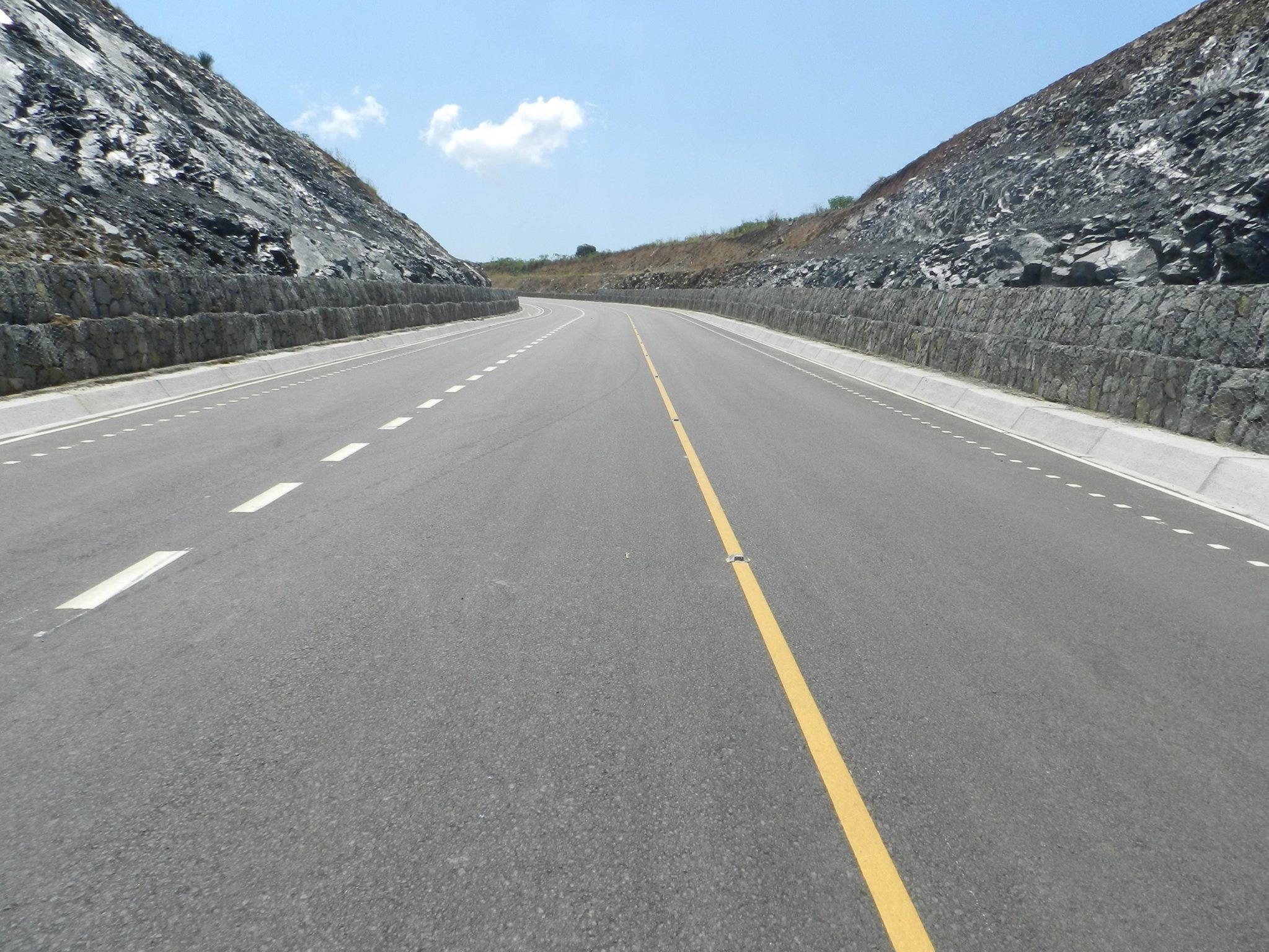Long and drawn out compensation battles with land owners where proposed public infrastructure is planned to pass, is one of the biggest handicaps that has caused delays in execution of government projects in the country, Uganda’s Minister of Works & Transport, Monica Azuba Ntege has said.
On average it takes 2 years for land compensation disputes to be resolved, a process that has been wrought with corruption, ballooned compensation claims and stubborn land owners conniving with lawyers to delay works in a bid to attract hefty compensation.
Although figures are not available, it is estimated that the cost of delays in time, increasing project costs and cost of interests due to the delays runs into the millions of dollars (billions of shillings)- at least going by the figures and unease by the Ministry of Finance of the growing interest paid to loans.
A recorded case is one of a land owner on the US$480 million Kampala-Entebbe expressway, who was claiming US $14 million (about Shs 50 billion) for a 4 acre piece of land. After dealys toing and froing with the landowner, a decision was made to take an alternative turn to loophole his land. But that was not before losing time and money. In Financial year 2015/16, the Uganda National Roads Authority spent US$35 million (about Shs 116 billion) on successful compensations alone.
Although plans are in the works to amend the law to ease procurement of land from private owners, the current Ugandan Land Law regimes vests a lot of power on land to the citizens. Government acquires land for public infrastructure from private owners much like any entity acquires from a private land owner.
Procedures of land acquisition by government from private/registered owners from the Ministry of Lands and Housing seen by this Magazine, shows a several drawn out processes. The process starts with the intending procuring agency of government making plans to determine the different land options available for meeting the public need. This determination and evaluation of the different land options normally involves several stakeholders’ consultations.
Once the exact location and size of the land to be acquired is determined and identified, a notice is published to inform owners and occupants in the designated area that the Government intends to acquire their land. The affected owners are then asked to submit claims for compensation for their affected land. The notice describes the purpose and process, including important deadlines and the procedural rights of people.
That is then followed by public sensitisation and consultative meetings providing people with an opportunity to learn more about the project, and to express their opinions and needs for compensation. Determination of the equivalent compensation for the land to be acquired at the stated date of valuation. Owners and occupants submit their claims.
The land is then valued by a government valuer or by a private valuer appointed by the acquiring agency under the supervision of the Chief Government Valuer. The acquiring agency considers the submitted claim, and offers what it believes to be appropriate compensation. Disclosure of award and negotiations then follow.
Where there is acceptance of compensation award government pays people for their land or resettles them on an alternative land. On the other hand, the law provides for land owners and occupants to be given the chance to contest the compulsory acquisition, including the decision to acquire the land, the process by which the land was acquired, and the amount of compensation offered through a cost effective and equitable complaint redress mechanism.
This process on average takes two years. And given that it normally start after funding-usually loans- have already been acquired by government, it means that the project are put on hold until the resolution of land cases are concluded, which in turn means that the loans start generating interest against no progress on projects.
However, if the proposed government amendment of the land laws is passed by Parliament, ths situation will be addressed.
Betty Among, Minister for Lands & housing recently told the media, “The proposal is to amend the Land Acquisition Act, to allow Government to compensate the Registered Proprietors and other Land owners prior and also while the infrastructure development process is on-going. This is for construction of roads, Railway, health centres, schools, Power and water facilities and any other critical Government infrastructure development project like Dams.”
She said similar laws are working in other countries: “For example, Kenya and India have been able to put in place policies and laws that are people centred but at the same time addresses timely acquisition of Land for Government projects.”













